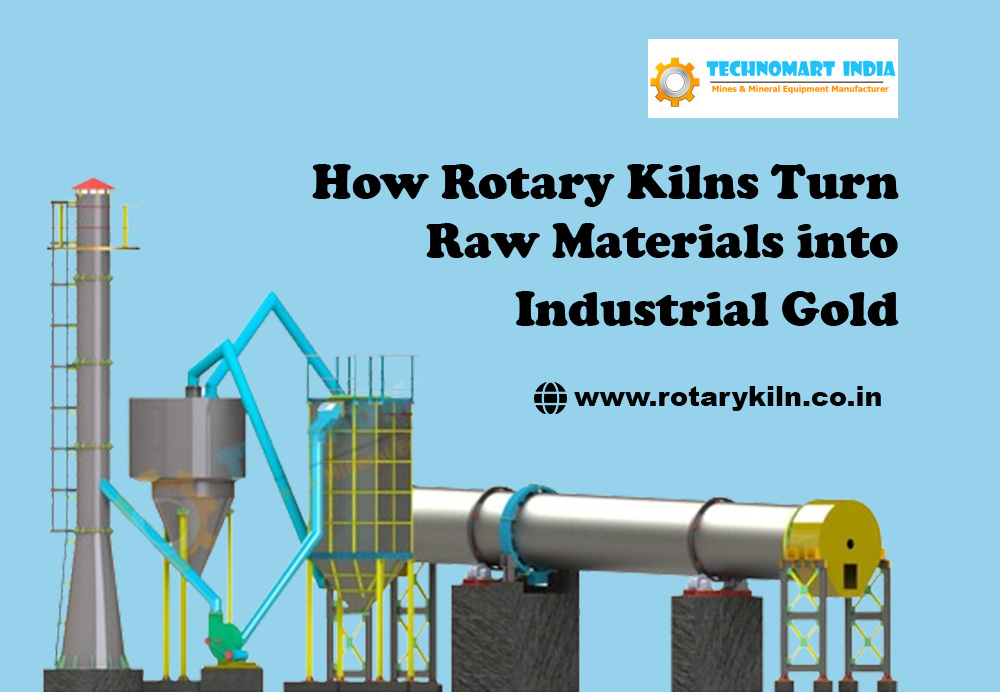Rotary kilns are rotating furnaces designed to process raw materials under controlled heat. Their ability to induce chemical and physical changes makes them indispensable in modern industry.
From cement production to recycling, kilns convert simple inputs into valuable outputs. They achieve this through uniform heating, precise control, and continuous operation.
Industries depend on kilns for reliable large-scale processing. Without them, many essential products—cement, metals, lime, and even waste-derived fuels—would not exist in the quantities needed.
The phrase “industrial gold” reflects how kilns unlock value from raw materials, creating the backbone of infrastructure and manufacturing worldwide.


